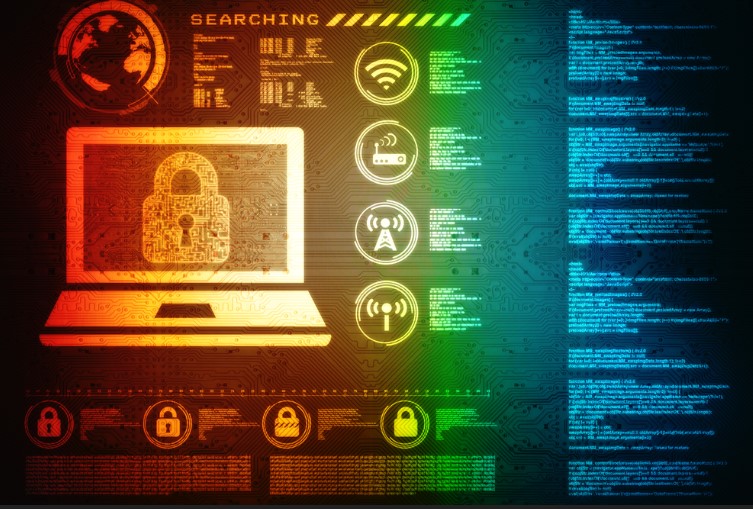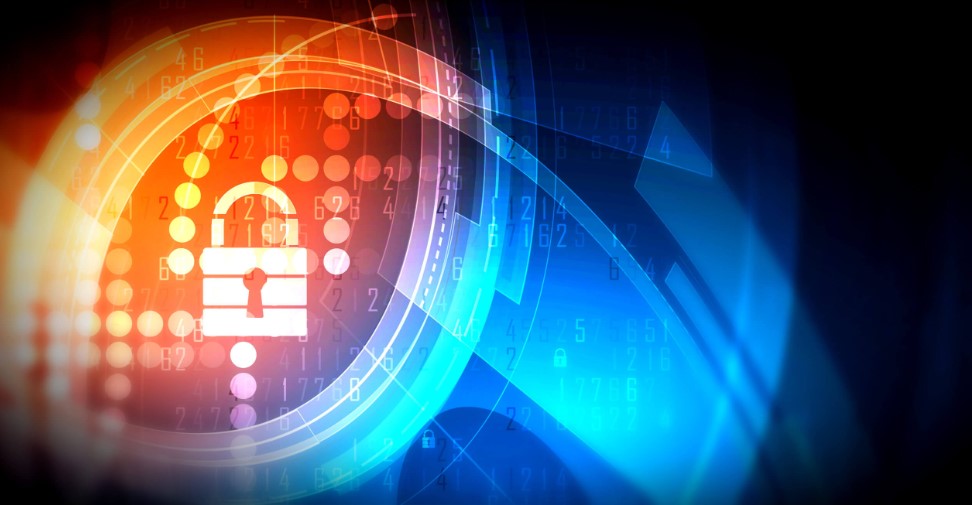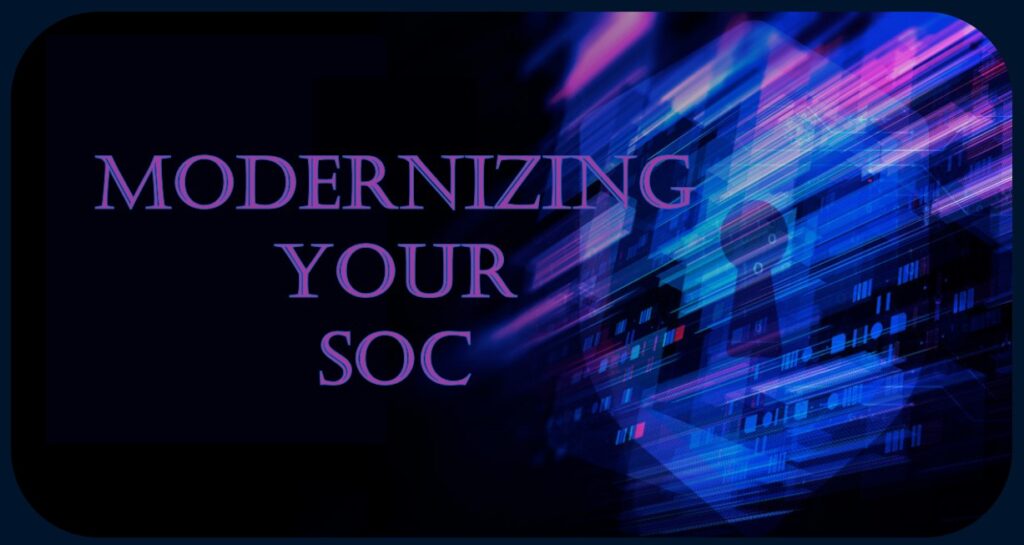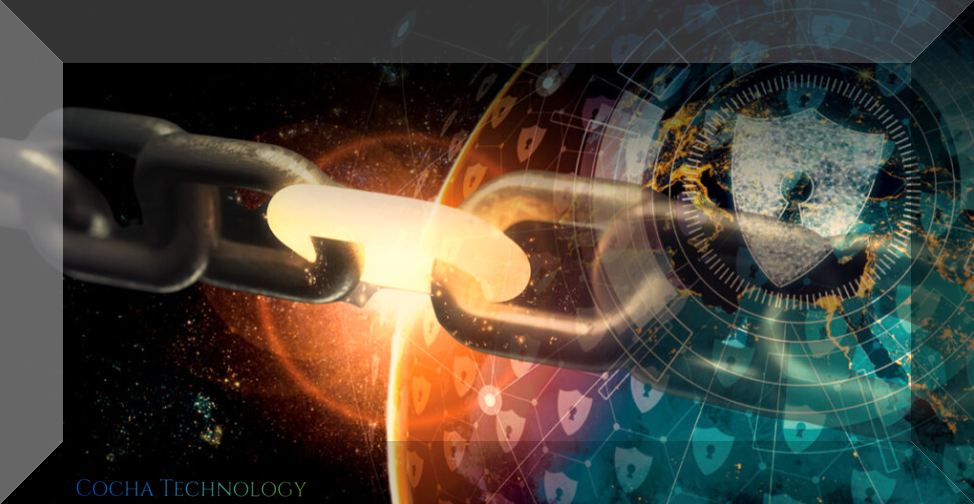Cyber Security Practices That Resist Automation
April 19, 2024

In an era dominated by artificial intelligence and automation, the role of human expertise in cybersecurity remains irreplaceable. While automated tools and algorithms have undoubtedly enhanced our ability to detect and mitigate threats, there are certain cybersecurity practices that demand the unique qualities of human intelligence, intuition, and adaptability.
In this blog, we explore the cybersecurity practices that resist automation, emphasizing the crucial role of human involvement in safeguarding digital environments.
- Threat Intelligence Analysis
- Social Engineering Awareness
- Incident Response and Crisis Management
- Security Policy Development
- User Training and Awareness
- Ethical Hacking and Penetration Testing
Threat Intelligence Analysis
Automated tools excel at processing vast amounts of data and identifying patterns, but they often struggle to contextualize information. Human analysts possess the ability to understand geopolitical events, industry trends, and the motivations behind cyber threats. Their capacity to connect the dots and make informed decisions based on a broader understanding of the threat landscape remains unparalleled.
Social Engineering Awareness
Cybercriminals are becoming increasingly sophisticated in their use of social engineering tactics to manipulate individuals into divulging sensitive information. Human intuition and emotional intelligence play a vital role in identifying these subtle and nuanced attacks. Recognizing the signs of manipulation, understanding human behavior, and adapting to evolving social engineering techniques require the cognitive skills that only humans possess.
Incident Response and Crisis Management
Responding to a cybersecurity incident is a dynamic and multifaceted process that involves technical, legal, and communication aspects. Human responders bring a level of adaptability and decision-making capacity that is hard to replicate with automation. The ability to assess the unique circumstances of an incident, consider legal implications, and communicate effectively with stakeholders is a skill set honed through experience and intuition.

Security Policy Development
Crafting effective security policies requires a deep understanding of an organization’s unique structure, culture, and risk tolerance. Humans can incorporate business context, legal considerations, and user behavior into security policies, tailoring them to the specific needs of an organization. Automated tools may lack the contextual understanding necessary to create policies that strike the right balance between security and operational efficiency.
User Training and Awareness
Educating users about cybersecurity best practices involves more than automated email reminders. Human trainers can create engaging and interactive sessions that resonate with individuals, helping them internalize security principles. Furthermore, humans can adapt training programs to address emerging threats and trends, ensuring that users stay informed and vigilant in the face of evolving risks.
Ethical Hacking and Penetration Testing
While automated vulnerability scanners are valuable, ethical hacking requires a level of creativity and ingenuity that is uniquely human. Skilled penetration testers can think outside the box, identifying novel attack vectors that automated tools might overlook. Their ability to simulate real-world threat scenarios and adapt their approach based on changing conditions is indispensable in evaluating an organization’s security posture.
As we embrace the benefits of automation in cybersecurity, it’s crucial to recognize the enduring importance of human expertise. Cybersecurity practices that resist automation highlight the need for a symbiotic relationship between human intelligence and technological tools. By leveraging the strengths of both, we can build resilient defense mechanisms that adapt to the ever-evolving threat landscape. After all, in the realm of cybersecurity, the human touch remains an irreplaceable asset.

Have Any Question?
Call or email Cocha. We can help with your cybersecurity needs!
- (281) 607-0616
- info@cochatechnology.com




